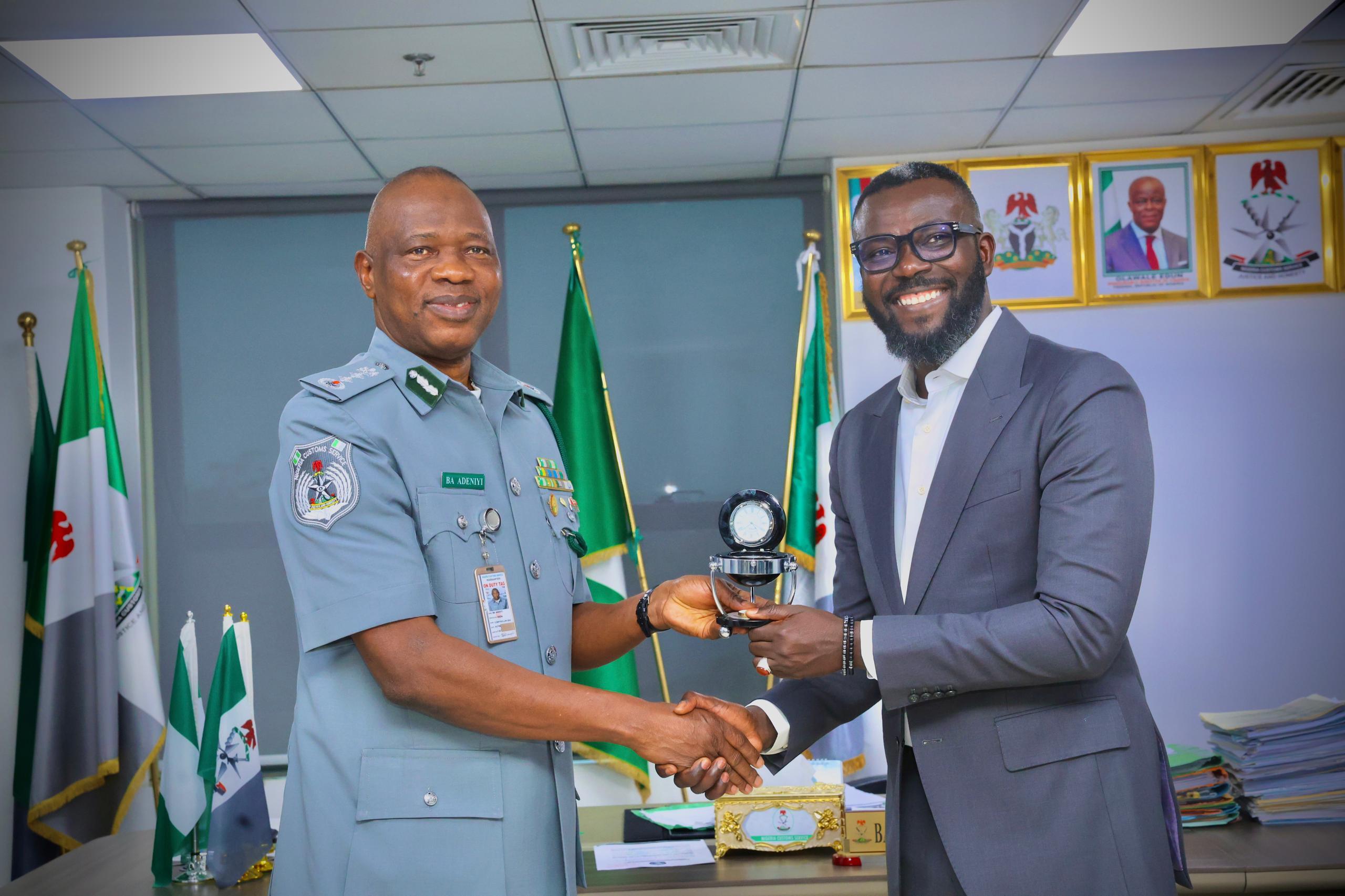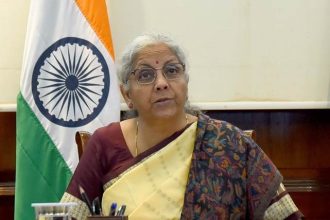The Nigeria Customs Service (NCS) has renewed its commitment to a closer partnership with the United Nations Office on Drugs and Crime (UNODC) in the fight against drug trafficking and transnational organized crime.
This partnership was reaffirmed by the Comptroller-General of Customs Bashir Adewale Adeniyi at a meeting on Thursday at the Customs Headquarters in Abuja with a UNODC delegation headed by Country Representative Cheikh Toure. He underlined the importance of Customs in combating drug-related offenses, stressing the growing issue of drug abuse, especially among young people, and their threat to national security.
Adeniyi highlighted the destruction of more than 71 containers of illegal substances and added that, with the National Security Adviser’s agreement, the NCS has stepped up efforts to promptly destroy drugs that have been seized in order to prevent their re-entry into circulation.
Citing the UNODC’s global network, he emphasized the value of intelligence sharing and indicated interest in approaches like as the US Container Security Initiative.
He also urged the use of incineration technology for safer disposal and expressed concerns about the effects burning confiscated drugs would have on the environment.
Adeniyi stated that 23 administrations and development partners will gather in Nigeria in April 2025 for a Regional Donour Conference for Customs Administrations to talk about assisting with customs operations.
He encouraged UNODC to actively participate, hoping the conference will showcase their efforts and delve into new areas of collaboration.
Recognizing customs officers as highly skilled professionals in Africa, Toure praised the NCS for its anti-drug trafficking initiatives and promised further UNODC support.
He emphasized the need to go beyond training to intelligence-driven interventions at ports and airports, while acknowledging the ten years of cooperation between UNODC and NCS in training, intelligence sharing, and environmental crime prevention.
Toure emphasized the value of regional cooperation, pointing out that criminal networks operate across borders. He also recognized Nigeria’s leading position in Africa and its assistance to other countries in enhancing their enforcement capabilities.
He emphasized that material help alone is insufficient and asked for strong detection methods at ports and borders, recommending modifying programs like the Container Control Programme, while acknowledging previous UNODC support, including the renovation of Customs facilities.
He reiterated UNODC’s dedication to investigating new areas of cooperation, especially in technology-driven screening, sustainable drug disposal, and intelligence sharing.
















